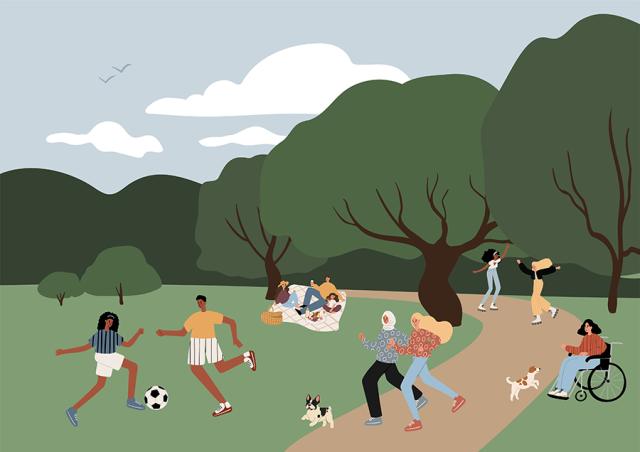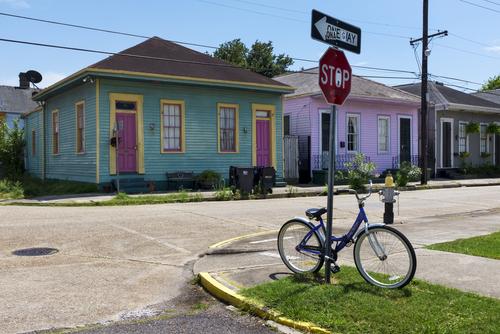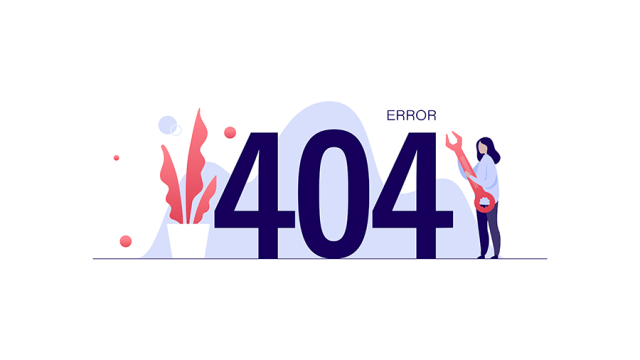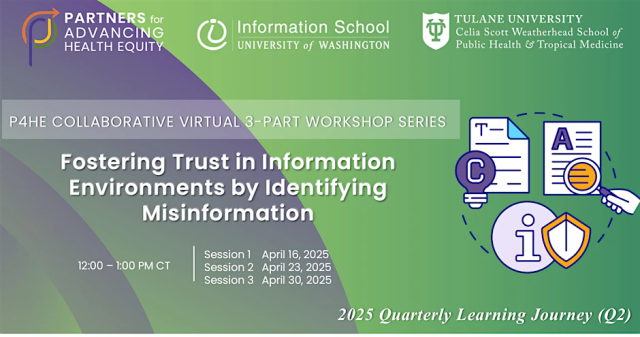
Research to Advance Racial and Indigenous Health Equity
Launching TODAY! We are excited to announce that we have released a new call for proposals (CFP), Research to Advance Racial and Indigenous Health Equity. A total of $5 million in research grants will be awarded through this call to support actionable, solutions-oriented health equity research through two types of funding. Rapid Response Research awards will support early- to mid-career health equity researchers whose health equity research has been interrupted by federal funding shifts. New Research Support awards will support community-driven research that uplifts the knowledge, expertise, and power of Indigenous and other historically marginalized communities of color to develop or test solutions that advance racial and Indigenous health equity.
Access our funding page and register for our informational webinar that will be held on May 2nd at 11am - 12:30pm PT / 2 - 3:30pm ET, and spread the word!
What We're Reading
“It’s no secret: Foundations could be the next American institutions under attack,” write Tonya Allen, Deepak Bhargavaand, and John Palfrey in the Nonprofit Quarterly’s Unite in Advance: Philanthropy Coalition Launches Solidarity Campaign.
In the piece we’re introduced to three key actions that foundations, nonprofits, universities, and other philanthropic organizations can take to stand together and support the communities we serve. As we move forward, we’re closely monitoring how policy decisions are affecting our ability to fund health equity work—and staying ready to respond.
What We're Learning

| Impact of a Remediating Vacant and Abandoned Property on Health Mindsets Residents living in areas where property remediation addressed both vacant lots and abandoned homes experienced significant increases in sense of community. |
Supplemental Nutrition Assistance Program Work Requirements and Safety-Net Program Participation In a cohort study, SNAP work requirements led to substantial reductions in SNAP coverage, especially for the most clinically and socioeconomically vulnerable. | 
|

| Safety and Health Innovation through Neighborhood Engagement (SHINE) Study Interview Summary Reports The SHINE Team shares project progress with regard to the Holistic Empathetic Response Teams (HEART) program being implemented in Durham, North Carolina. They also share information about what is working well, as well as challenges and opportunities. |
Latest E4A Blogs

| 
|
The Impacts of Executive Branch Actions Attacking DEI Programs on Racial and Health Equity |
Featured Applicant Resource
Register for our informational webinar on May 2nd at 11am - 12:30pm PT / 2 - 3:30pm ET, that will introduce potential applicants to the two types of funding awards available through our Research to Advance Racial and Indigenous Health Equity funding opportunity!
Partner Announcements

“Fostering Trust in Information Environments by Identifying Misinformation”: Join Partners for Advancing Health Equity in their 3-part workshop series with the Center for an Informed Public to learn how to spot misinformation and disinformation in health from 12 - 1pm CT:
- Session 1: April 16, 2025 (occurred)
- Session 2: April 23, 2025 (today!)
- Session 3: April 30, 2025